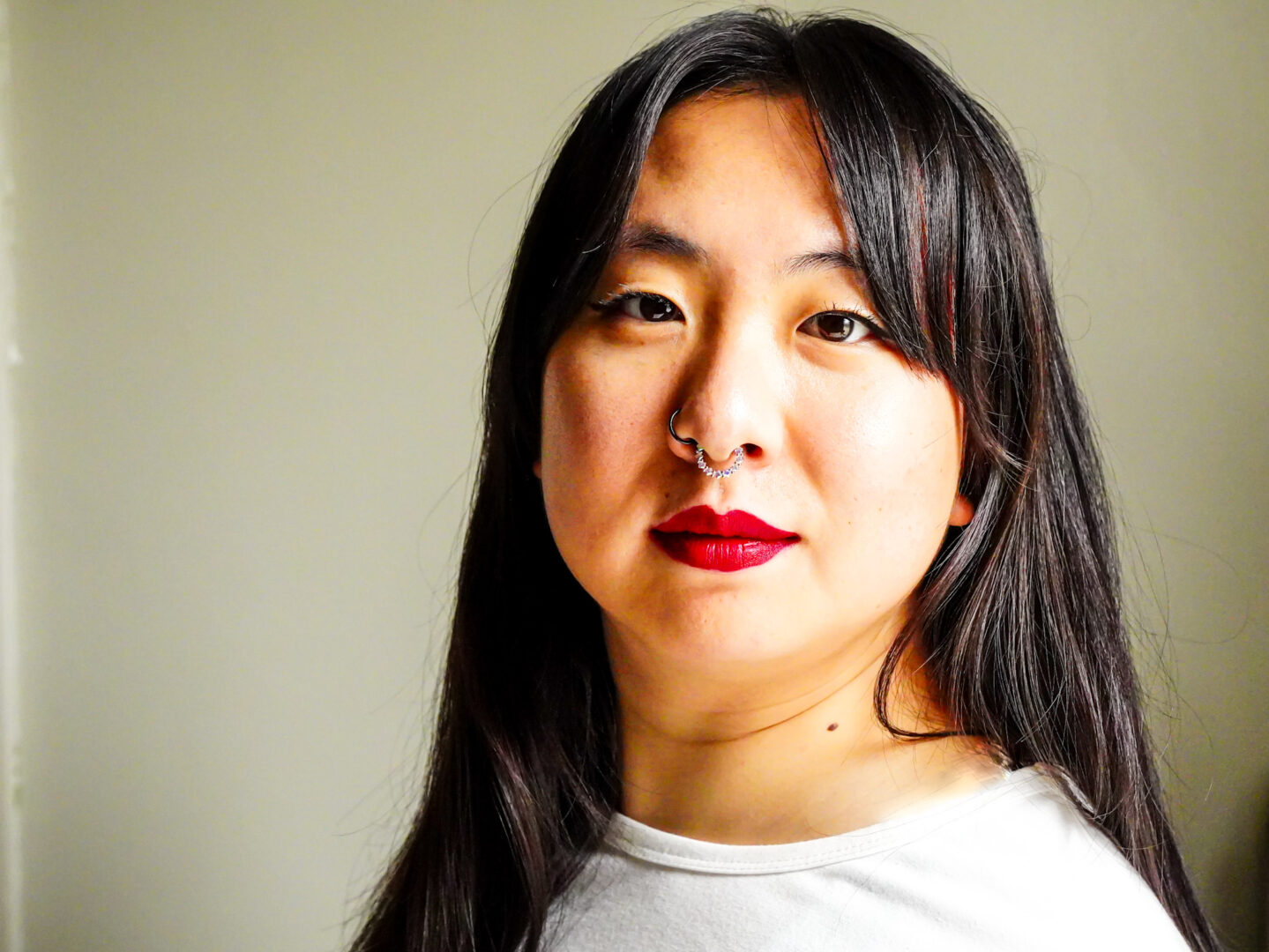Vivian Kim shared their story and experiences with us recently and you can find our conversation below.
Vivian, so good to connect and we’re excited to share your story and insights with our audience. There’s a ton to learn from your story, but let’s start with a warm up before we get into the heart of the interview. Have any recent moments made you laugh or feel proud?
I’m currently instructing full time at Purdue University in Indiana, and I have the joy of doing what I love every day – teach. I’m currently leading two sections of DANC 104 (Hip Hop 1), and my students just completed their midterm evaluations last week. I always do my best to incorporate freestyle into the semester, as I see that as one of the best ways to connect with the culture of Hip Hop, especially in an area that that’s pretty isolated from club culture. With that to say, all of my students participated in their first cypher, and it was a beautiful moment to see their face light up with the “I did it” feeling along with the progression of movement understanding.
Can you briefly introduce yourself and share what makes you or your brand unique?
Hi all,
I’m Vivian Kim, a dance educator, choreographer, and performer currently based in Indiana. I spent the past nine (9) years in the Boulder/Denver dance ecosystem freelancing, performing, and teaching in various collegiate, studio, and professional dance company settings. In addition to teaching, choreographing and performing, I co-founded and was the co-artistic director of an interdisciplinary dance collective called VisKosity Dance Collective. My co-founder and artistic director, Keith Haynes, MFA, ran VisKoity Dance Collective for four (4) years.
I’m a first-generation Korean-American dance artist who’s ultimate goal is make dance accessible to every, and any, body, and to create community through movement. Hip Hop and Contemporary Modern dance continues to ignites my soul, and the recent addition of teaching and learning K-Pop MV Dances have added an extra special touch to my life.
Appreciate your sharing that. Let’s talk about your life, growing up and some of topics and learnings around that. Who taught you the most about work?
My parents are immigrants from South Korea, and as immigrants, they’ve drilled the importance of work into me since I was young. As a teen and young adult, I wasn’t always keen on listening to the advice of my parents, but they instilled a sense of persistence and determination into me. Oddly enough, both of my parents also valued the balance of resting and nurturing hobbies and friendships.
As I began my career from college into the dance field, every single one of my mentors has helped shaped my work ethic today. My first dance teacher, and dear friend, Becky S., guided me throughout high school. She trusted me enough to assist her class with younger dancers, and then entrusted me to teach her for (without her assistance) through my undergraduate career. This experience continues to unfold and develop as I began training and taking the role of dance educator more seriously. I don’t want to give a thank you to every single one of my mentors (the list is long), but I hope they know who they are and how valued they are in my life.
Was there ever a time you almost gave up?
As a performing artist, there are COUNTLESS times when I have wanted to throw in the towel and shift my career focus into a different field. Between tight City and State budgets and the Federal budgets being heavily affected by politics, it’s a never-ending battle!
To have such important and valuable things to say when it feels like the field is oversaturated, the community doesn’t support you, or to not get funding… you have to tough skin to be in this field. Even in a collegiate setting, I face these types of “red tape” moments, but in a different way. All of these factors begin to pile up and the task at hand becomes overwhelming and daunting.
However, I think it’s easier to “give up” and move on than it is to stay and fight for what’s fuels you and other people.
Alright, so if you are open to it, let’s explore some philosophical questions that touch on your values and worldview. What are the biggest lies your industry tells itself?
That there is no discrimination, racism, or injustices that take place in the dance community. I find the dance industry to be hypocritical – at times. For example, “The Nutcracker”, a Ballet loved by many, still holds tightly to the tradition of how the “Chinese”, “Arabian”, and “Russian” scenes are portrayed. In 2025, there are still all-white Ballet companies that put their dancers in yellow face and brown face with the argument that “this is how it’s always been done”, but I don’t think decades of tradition is an excuse of cultural appropriation.
This is one pinpointed example from one genre of dance, that is unfortunately visible in other dance organizations. My bringing this up isn’t to negative target the Ballet industry, but to say express that things like this are continuing to happen, and more dancers/dance directors/choreographers should reflect on.
Before we go, we’d love to hear your thoughts on some longer-run, legacy type questions. Are you doing what you were born to do—or what you were told to do?
I truly believe I’m doing what I was put on this Earth to do.
I firmly believe that my experiences as a dancer (in all facets of that word), cannot be mirrored, replicated, or event mimicked in other fields of work – or art.
Every time I see the movement ‘click’ in a students brain or I see them apply things from class into a real-life scenario, I know that what I’ve set to do is making an impact on individuals.
Contact Info:
- Website: https://www.vkdances.com
- Instagram: @veeveekay_
- Linkedin: https://www.linkedin.com/in/vivian-k-55a552233?trk=public_post_feed-actor-image
- Youtube: https://www.youtube.com/@vkim92
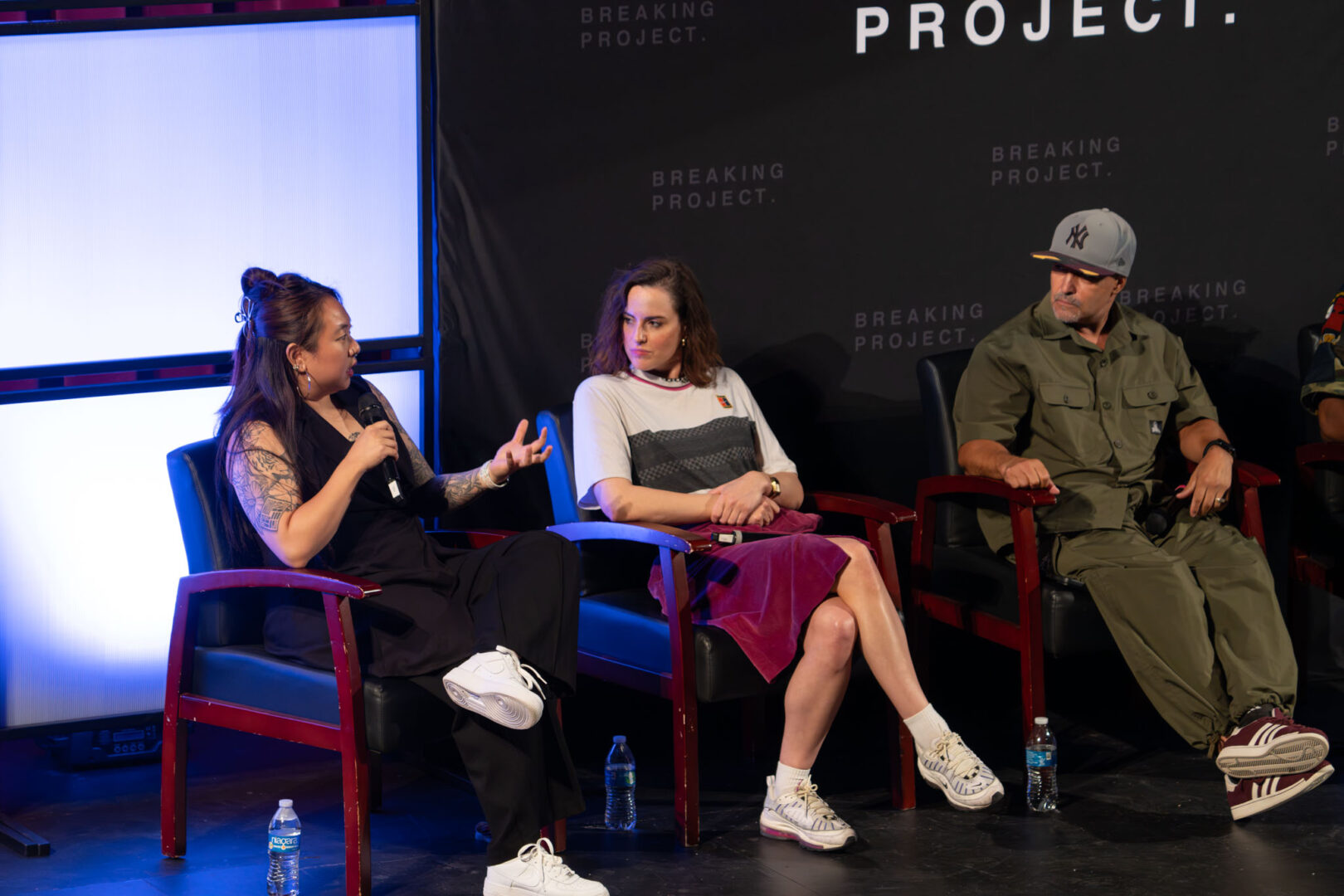
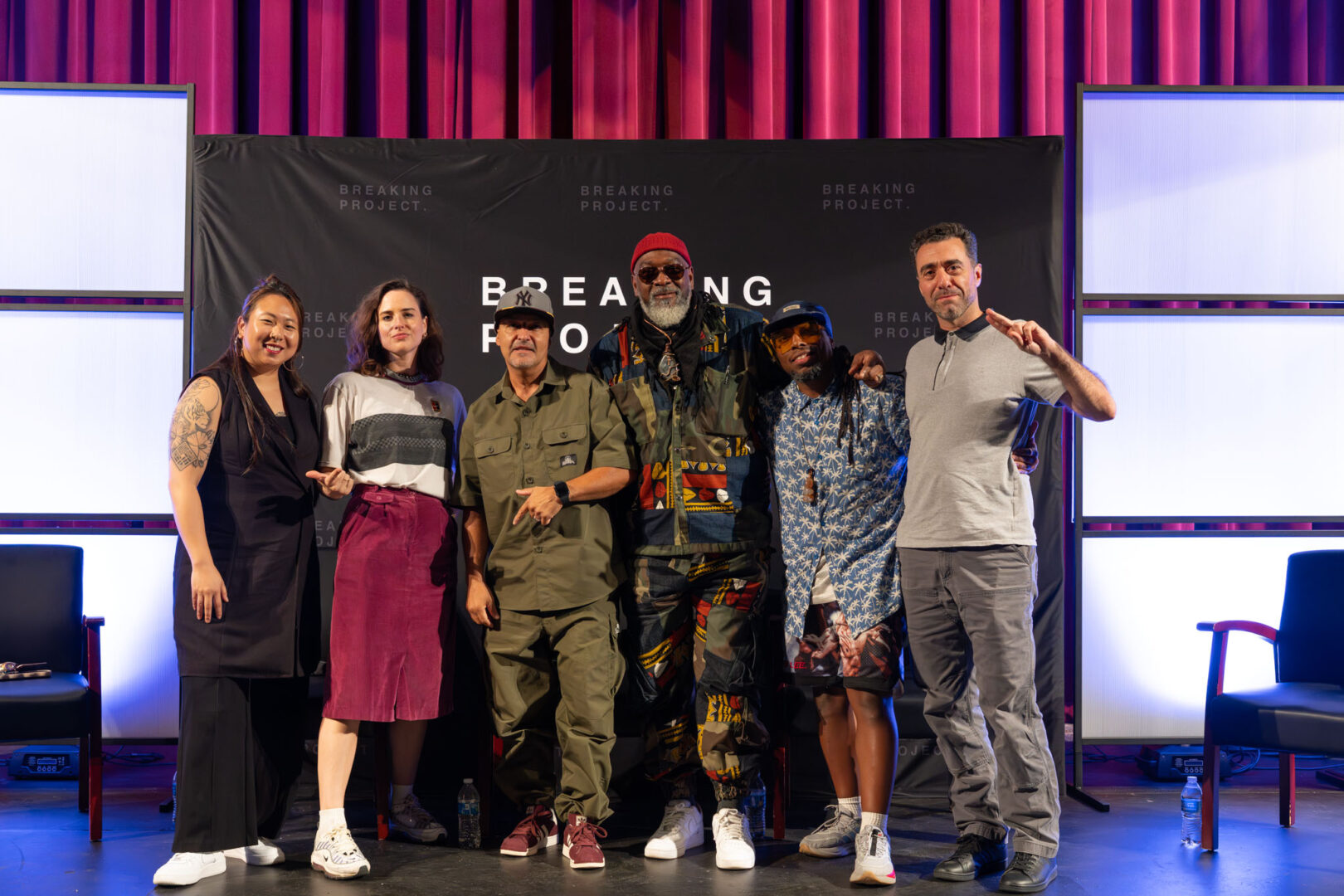
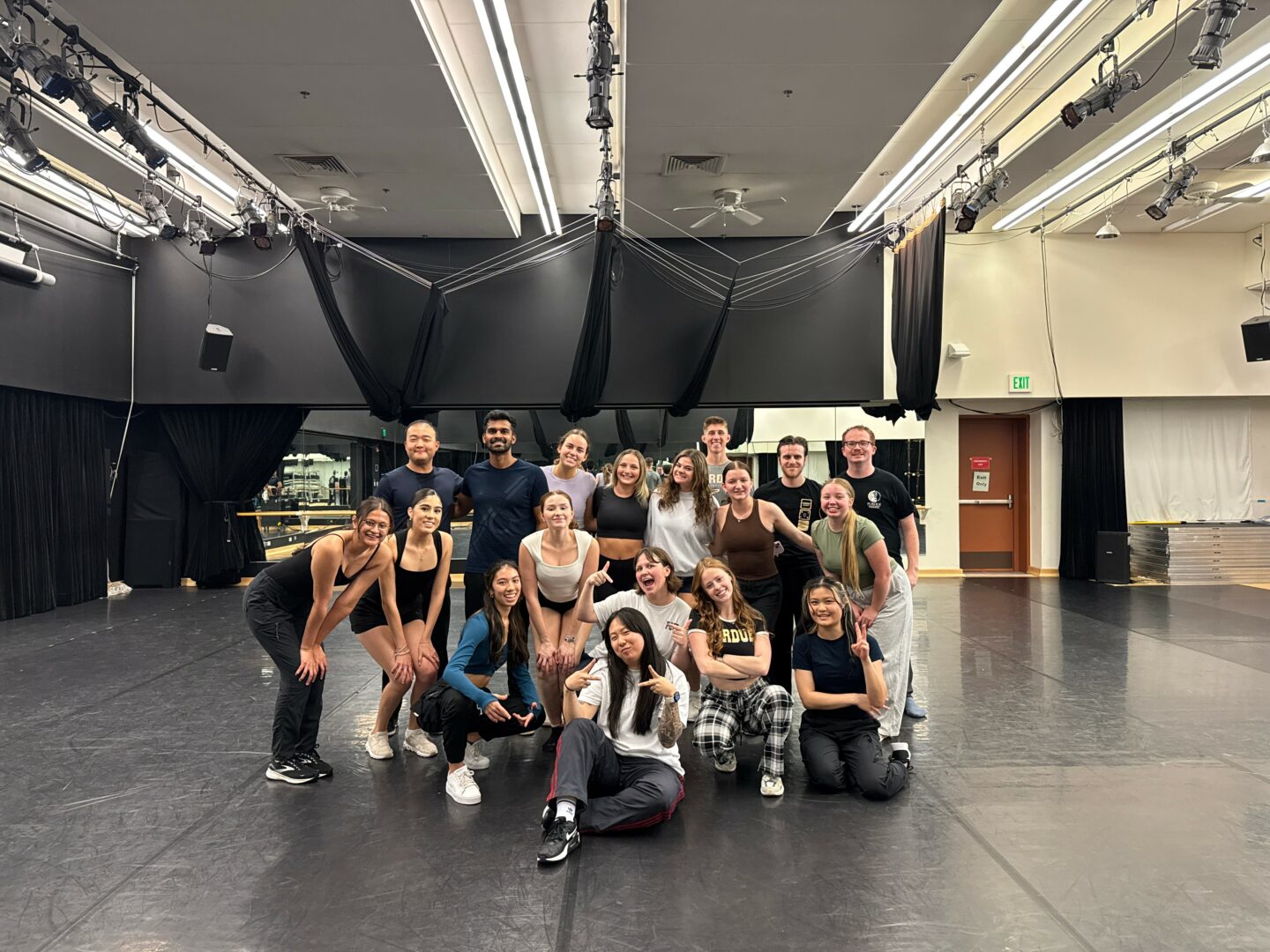
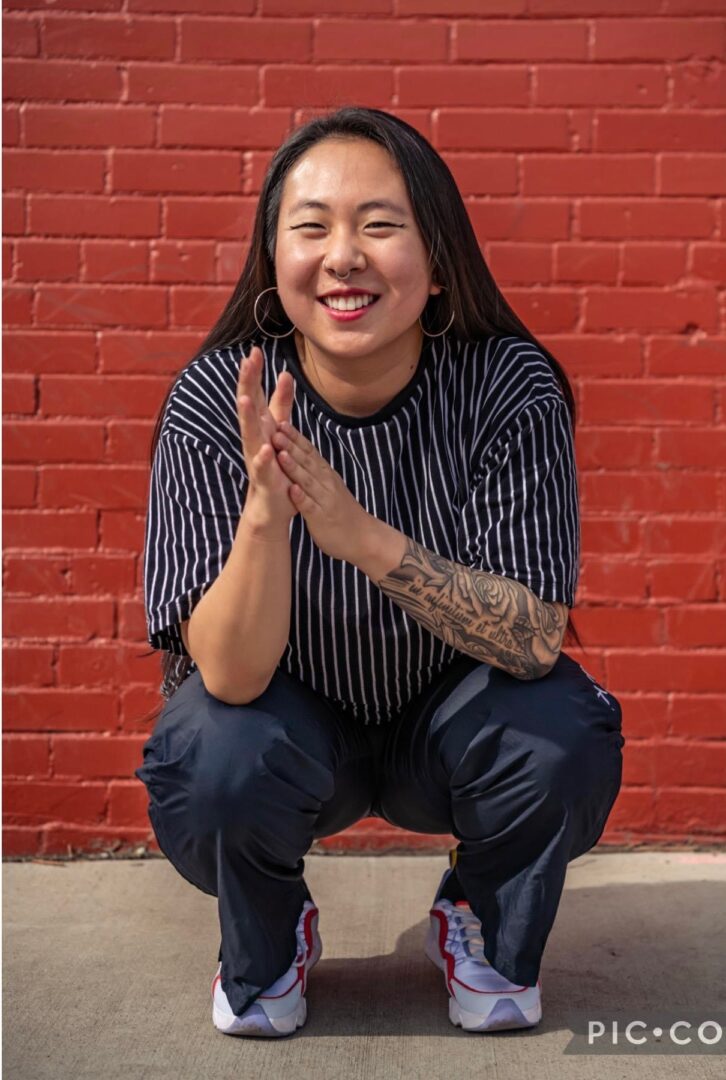
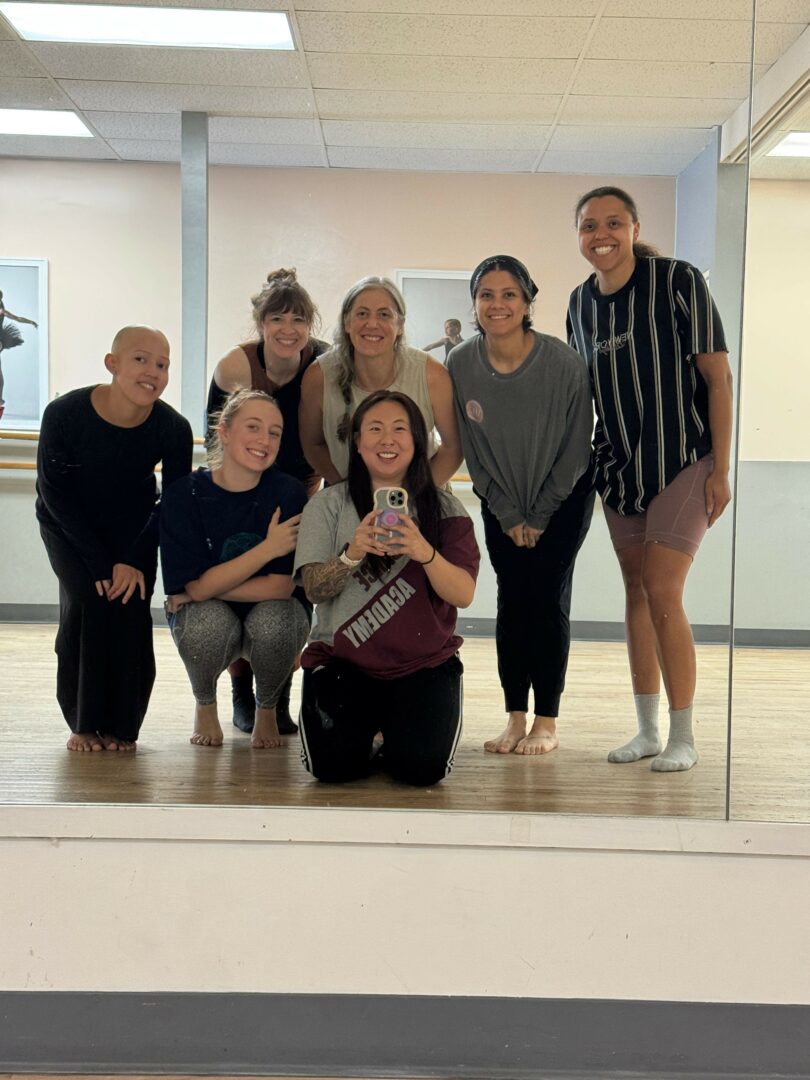
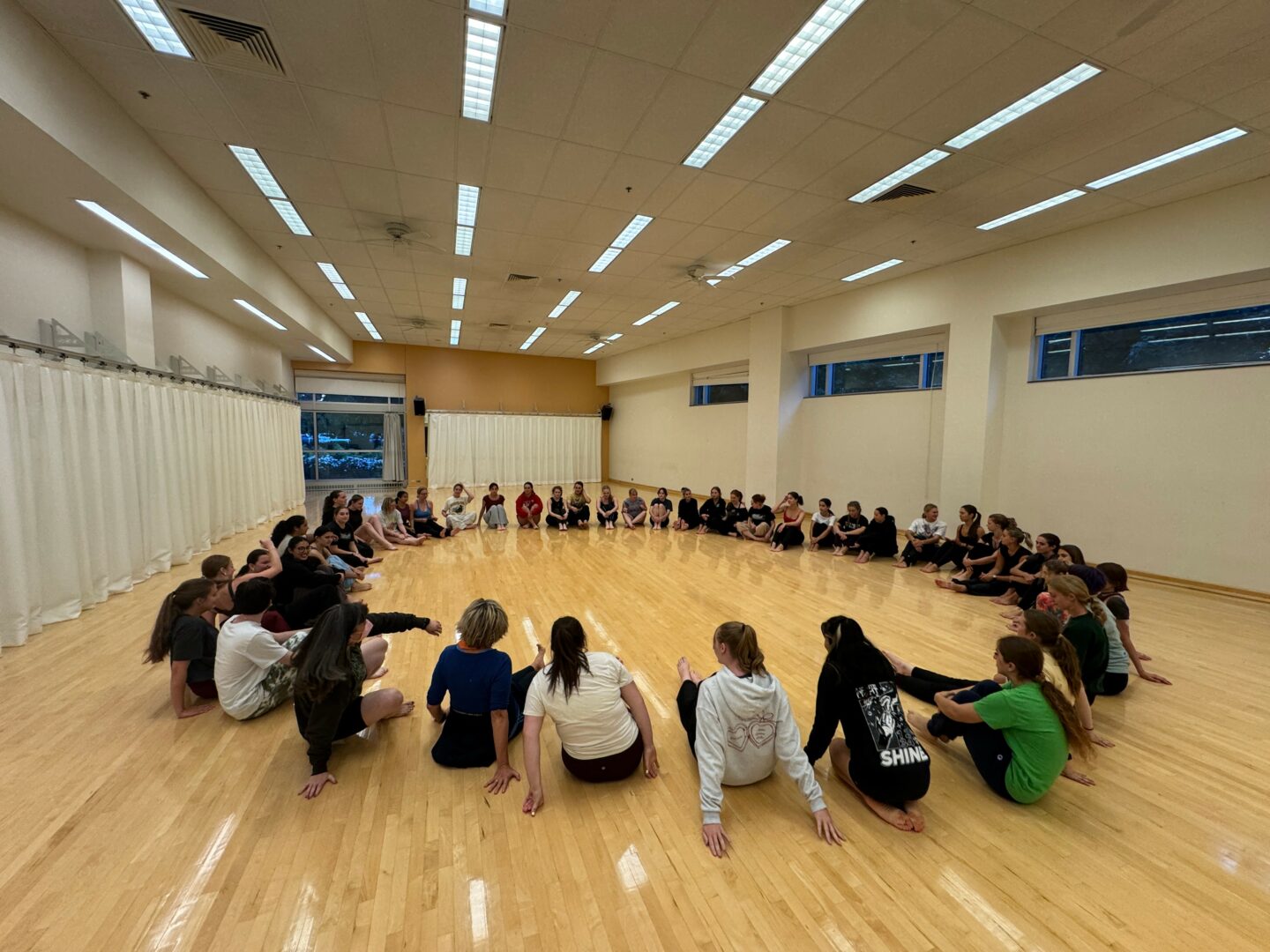
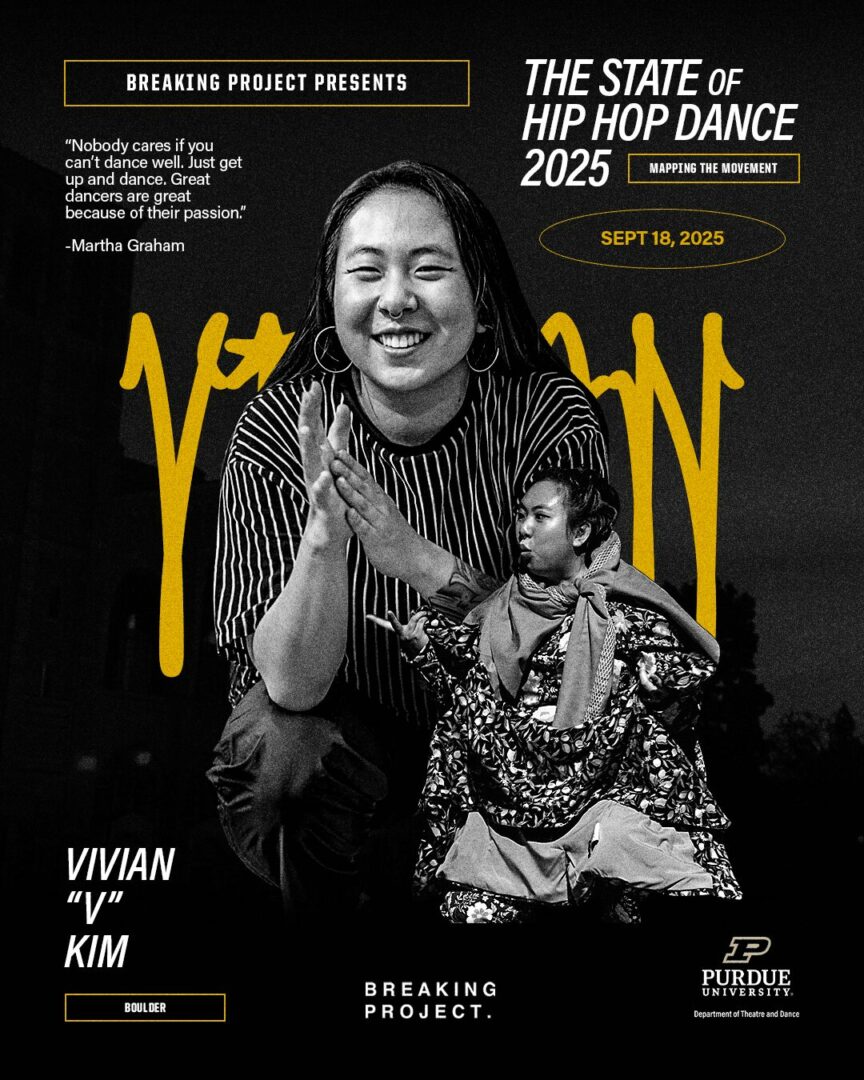
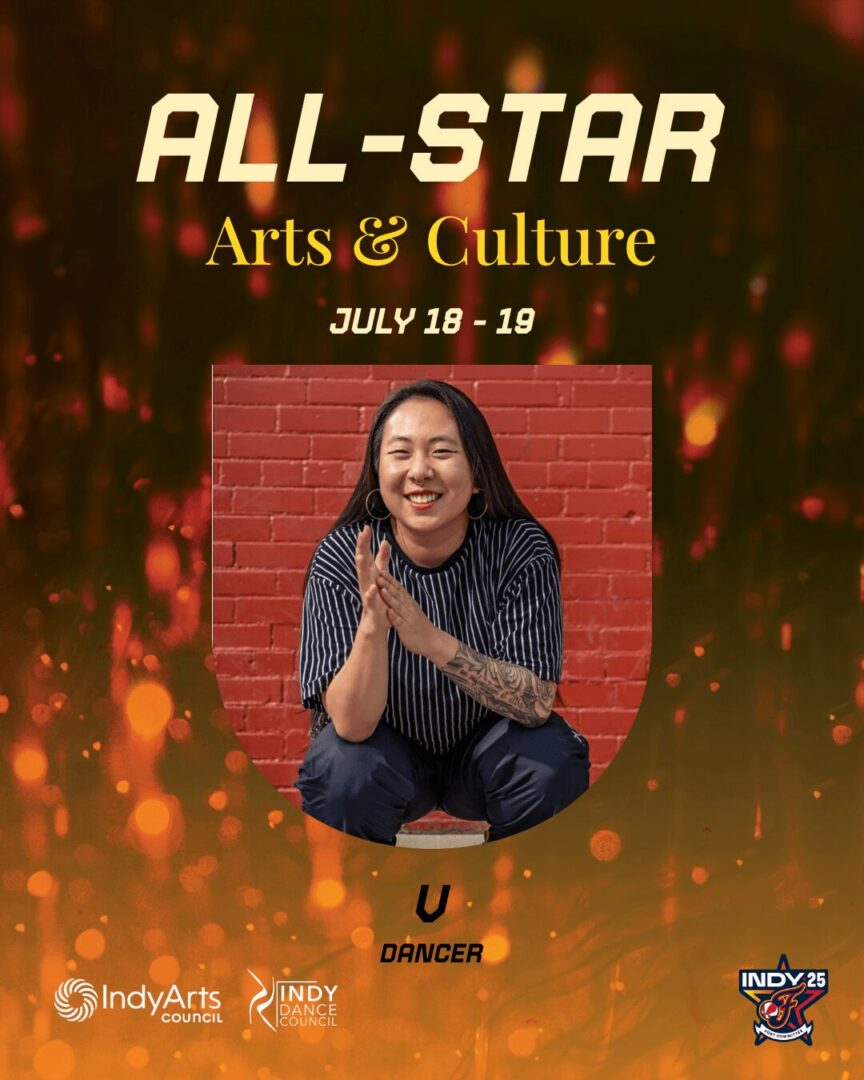
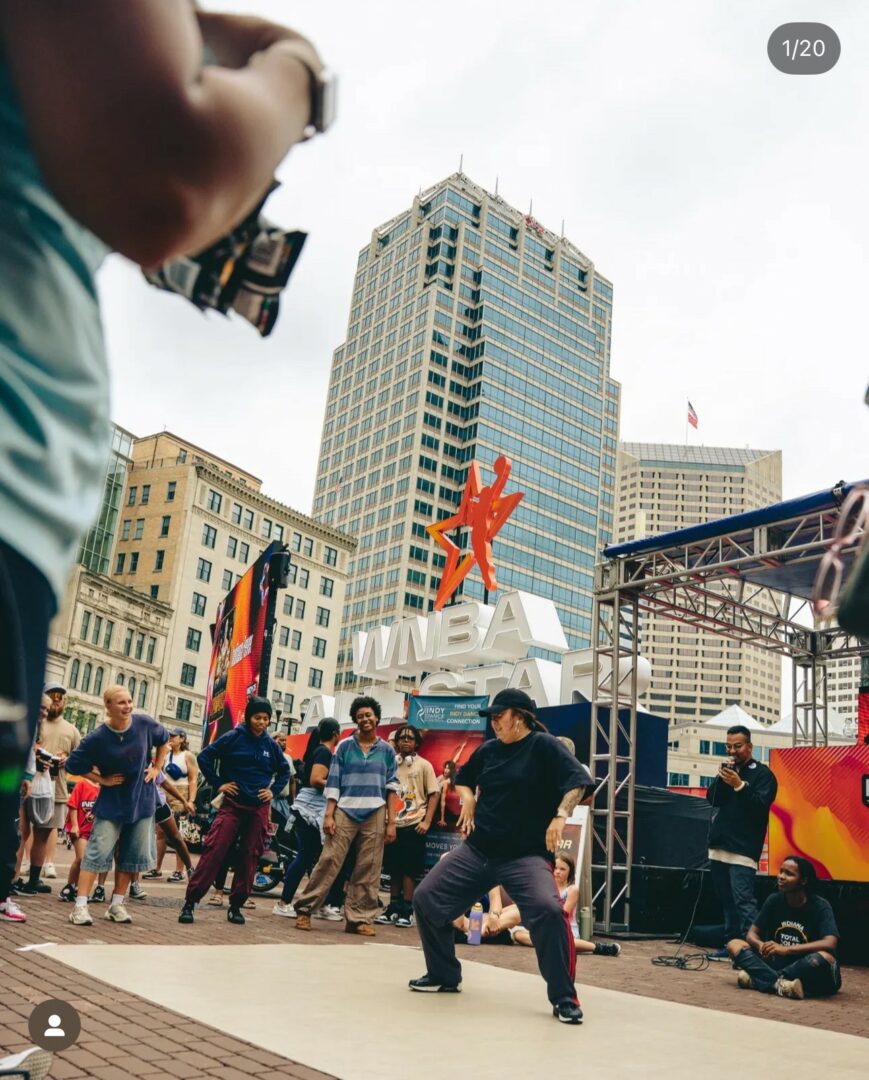
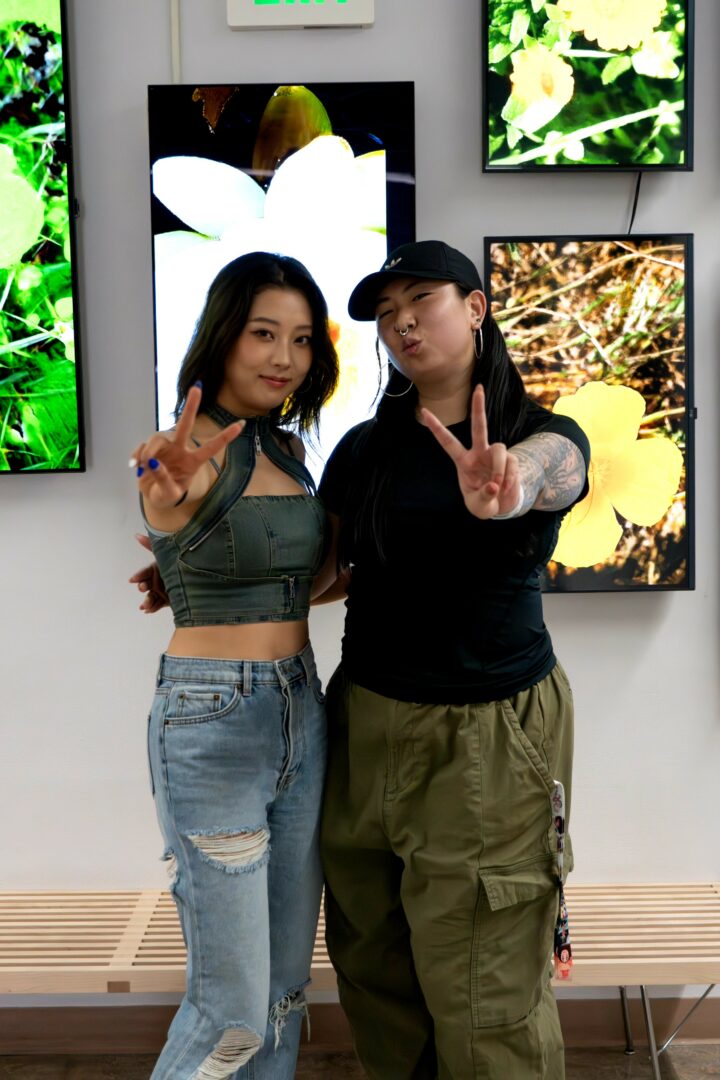
Image Credits
Photo credits to: The Breaking Project, Saad Mukhtar, Indy Arts Council, Shots by Sherlock
so if you or someone you know deserves recognition please let us know here.

